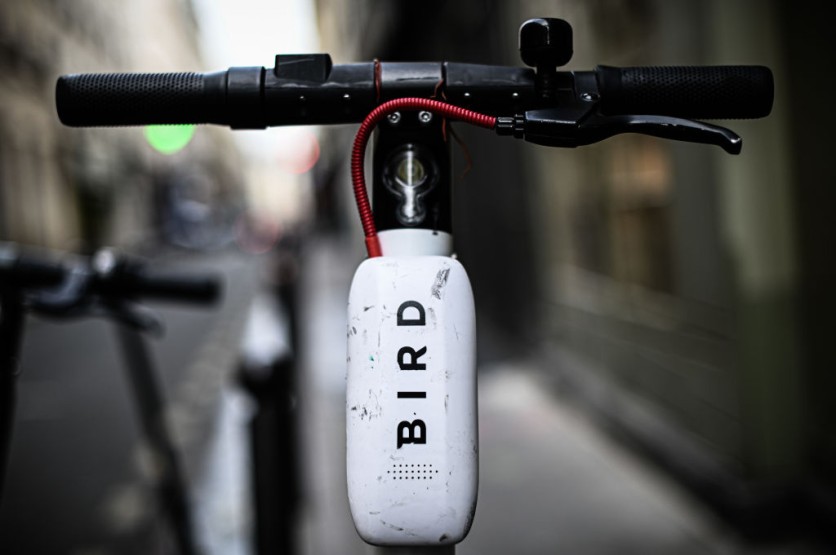Electric scooter company Bird has filed for Chapter 11 bankruptcy, indicating a significant setback for the well-known US company that pioneered scooter and bike rentals. The move comes two years after Bird went public with a $2.3 billion value.
This bankruptcy declaration follows a turbulent year marked by Bird's delisting from the New York Stock Exchange, a consequence of severe financial losses and growing skepticism surrounding the economic viability of e-scooters.
The e-scooter company faced a decline in market value, dipping below $15 million for an extended period, resulting in its removal from the stock exchange in September. Travis VanderZanden, the founder and chairman, stepped down in June to explore new ventures.
Unlike losses of $322.3 million during the same time the previous year, Bird recorded net losses of $73.4 million in the nine months ending September 30.

What Lies Ahead?
As reported by TechCrunch, Bird's filing of Chapter 11 bankruptcy is strategically orchestrated to facilitate financial restructuring while maintaining seamless day-to-day operations. Apollo Global Management's MidCap Financial division is set to inject $25 million in financing during the bankruptcy proceedings, ensuring continuity throughout the restructuring process.
The primary objective is the sale of Bird's assets, employing a "stalking horse" agreement to initiate a bidding process that maximizes the company's value. Lenders will establish a baseline bid, opening the floor to external suitors over the next four months.
Michael Washinushi, serving as interim CEO, is poised to lead the company throughout and after the restructuring phase. He underscored the bankruptcy announcement as a pivotal juncture in Bird's transformation.
E-Scooter Industry Facing Challenges
Founded in 2017, Bird rapidly gained prominence with backing from Silicon Valley giants such as Sequoia Capital and Accel Partners, accumulating over half a billion in venture funding. Despite its widespread presence, spanning more than 350 cities globally, Bird grappled with challenges, including public complaints about abandoned scooters cluttering public spaces, according to The New York Times.
The bankruptcy maneuver aligns with Bird's strategic initiative to navigate financial complexities while upholding its mission to foster eco-friendly micro-mobility solutions. The overarching goal is to curtail car usage, alleviate traffic congestion, and diminish carbon emissions in urban environments.
The Bird Chapter 11 bankruptcy announcement further signifies the broader challenges facing the micromobility sector, exemplified by Bird's struggles. Competitor Micromobility.com recently faced delisting from the Nasdaq due to a declining stock price, mirroring a broader trend in the industry.
In Europe, dockless scooter startup Tier implemented layoffs, and Dutch e-bike startup VanMoof initiated bankruptcy proceedings.

ⓒ 2026 TECHTIMES.com All rights reserved. Do not reproduce without permission.




